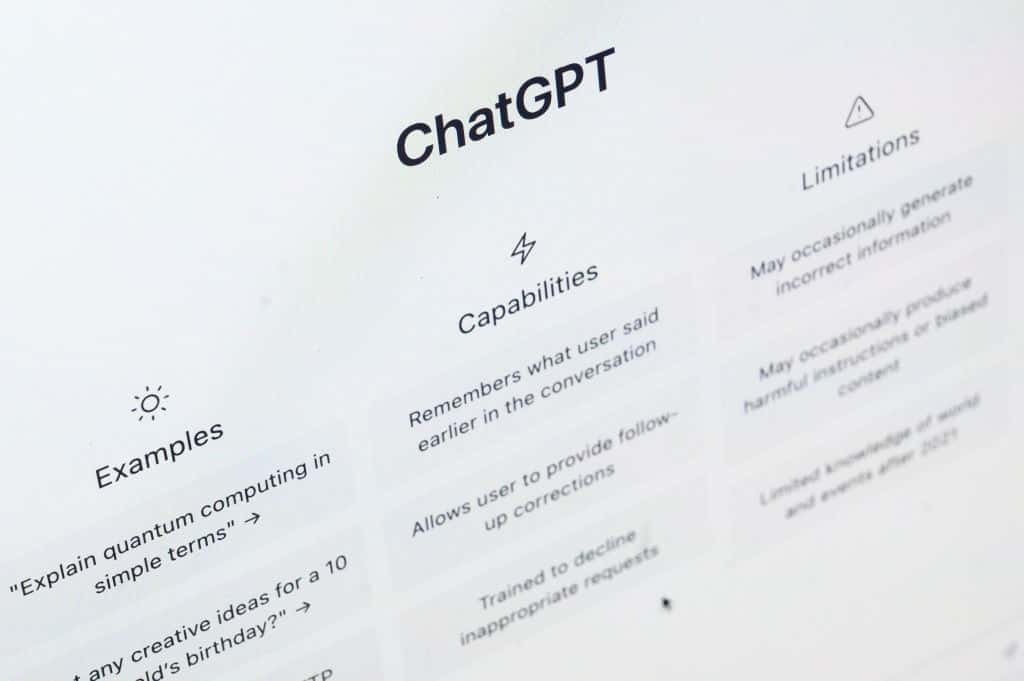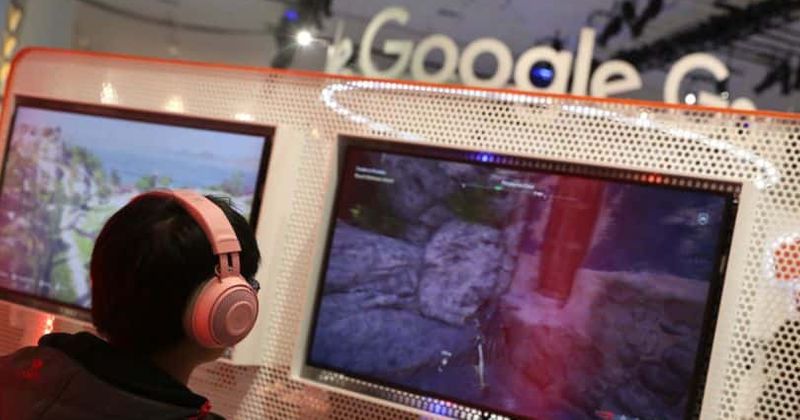Dr. Geoffrey Hinton, who pioneered A.I. systems at the University of Toronto in 2012, has quit Google and joined the growing expert voices who speak about the dangers of developments in the A.I. technology field, reports BBC . The 75-year-old computer genius, announced his resignation from Google in a statement to the New York Times , saying he deeply regrets his advanced work. He told the BBC that some of the dangers of A.I. chatbots were “quite scary.” “Right now, they’re not more intelligent than us, as far as I can tell. But I think they soon may be,” he said.
In the NYT today, Cade Metz implies that I left Google so that I could criticize Google. Actually, I left so that I could talk about the dangers of AI without considering how this impacts Google. Google has acted very responsibly.
— Geoffrey Hinton (@geoffreyhinton) May 1, 2023
In a tweet Hinton clarified that he was leaving Google not because he was in disagreement with them. “In the NYT today, Cade Metz implies that I left Google so that I could criticize Google,” the tweet reads, “Actually, I left so that I could talk about the dangers of AI without considering how this impacts Google. Google has acted very responsibly.” According to New York Times , Hinton’s immediate concern is that “the internet will be flooded with false photos, videos, and text, and the average person will not be able to know what is true anymore.” He explained, “It takes away the drudge work. It might take away more than that.”
The famed British-Canadian psychologist and computer scientist, who is often called “the Godfather of A.I.,” exclusively explained to the BBC that chatbots could, in the near future, overtake the amount of information that a human brain holds. “Right now, what we’re seeing is things like GPT-4 eclipses a person in the amount of general knowledge it has and it eclipses them by a long way. In terms of reasoning, it’s not as good, but it does already do simple reasoning,” he said. “And given the rate of progress, we expect things to get better quite fast. So we need to worry about that.”

Hinton also hinted that the advancements in A.I. are approaching much faster than we initially assumed. “The idea that this stuff could actually get smarter than people — a few people believed that,” he said. “But most people thought it was way off. And I thought it was way off. I thought it was 30 to 50 years or even longer away. Obviously, I no longer think that.” Hinton pointed out that just five years ago, A.I. technology was nowhere near where it is today. “Take the difference and propagate it forwards. That’s scary,” he said.
Geoffrey Hinton, an AI pioneer, quit his job at Google, where he has worked for more than decade, so he can freely speak out about the risks posed by AI. “It is hard to see how you can prevent the bad actors from using it for bad things,” he said. https://t.co/NZq2RByko7
— The New York Times (@nytimes) May 2, 2023
In 2012, Dr. Hinton and two of his students, Ilya Sutskever and Alex Krishevsky, created a neural network that could analyze thousands of photos and teach itself to identify common objects including cats, dogs, and flowers. Back then, Google spent an estimated $44 million to acquire a company that had been started by the inventing team. And their advanced A.I. system led to the creation of increasingly sophisticated technologies, including new chatbots like ChatGPT and Google Bard. Sutskever went on to become chief scientist at OpenAI.
Dr. Hinton’s revolutionary research program on neural networks and deep learning paved the way for current A.I. systems in tech companies, but now he is warning against the same. “I console myself with the normal excuse: If I hadn’t done it, somebody else would have,” said Hinton, who had been employed by Google for more than a decade. “It is hard to see how you can prevent the bad actors from using it for bad things,” he concluded.




